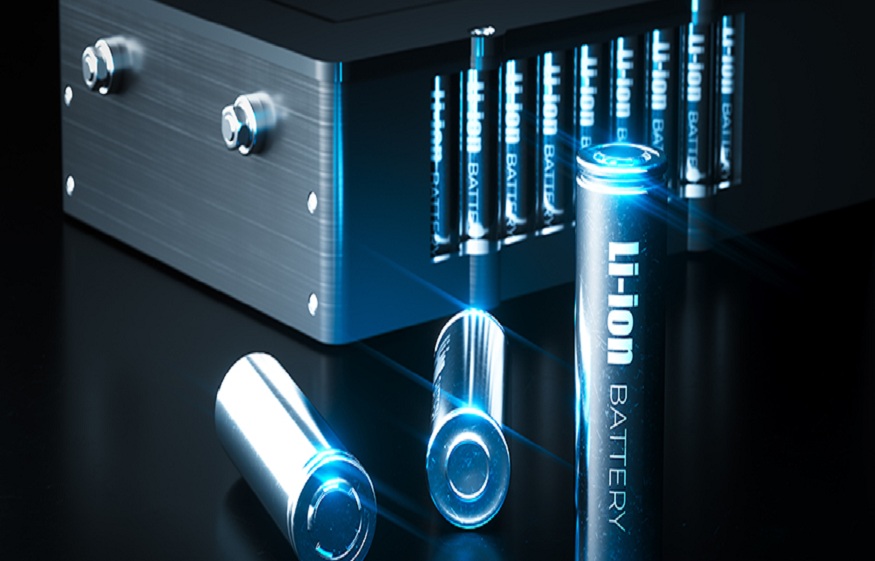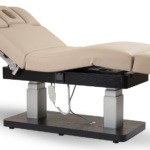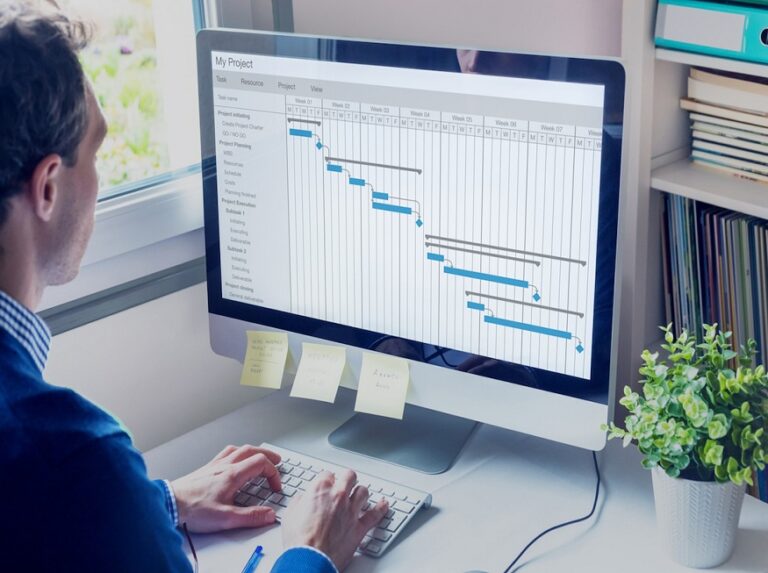
Process and Benefits of Lithium-ion Battery Recycling
Nowadays, many types of electronic equipment are running on Li-ion batteries as these batteries can be used until they get exhausted. Even when they get exhausted, the batteries can be replaced with new ones, and the devices become usable again.
However, disposing of batteries in landfills could create a large portion of waste in the environment. Despite that, lithium-ion batteries are made of harmful materials, such as cobalt, lithium, manganese, and nickel, which can negatively affect the environment and human life. So, disposing of these batteries is not a great idea.
People are unaware of recycling lithium-ion batteries, unlike paper and plastic. Recycling of li-ion batteries is also equally important, as there will be a massive demand for these batteries in the future, especially in the EV industry.
When talking about the EV sector alone, the demand for Lithium-ion battery materials is 1,200,000 metric tonnes, which is expected to reach 7,500,000 tonnes by 2030. The global recycling market is set to jump from 4.9 billion in 2022 to 20 billion in 2030. We should promote li-ion battery recycling . Major companies have already begun to invest billions to gain profits in the long run.
The demand has been accelerated due to the sudden explosive demand for electric vehicle manufacturing. Batteries are expensive and have a short life span of around 8-10 years. There is a steady growth in discarded and used batteries, and investors and entrepreneurs are enticed to invest in and start researching lithium-ion battery recycling methods that are new and effective.
Common Process of Battery Recycling
Different battery recycling companies have given their method of recycling li-ion batteries a new name. Still, two common processes are used in almost every battery recycling company which are as follows:
Mechanical Process
The batteries are initially separated from their parent source and subjected to a mechanical process in a mechanical process. The black mass, copper, polymers, and aluminum are collected from the source during the mechanical process. The battery’s black substance is gathered and transferred for hydrometallurgical processing. The resulting materials are then gathered and sorted using an additional process.
Hydrometallurgical Processing
In the hydrometallurgical process, rare minerals are removed from the black mass through chemical precipitation and given to the producers to be reused to create new batteries. The developers are still developing a new extraction technique to yield more of that substance with higher purity.
What are the benefits of lithium battery recycling?
As mentioned above, lithium-ion battery disposal can be hazardous to the environment. These elements can be recycled by using different methods, and there are massive benefits to recycling lithium-ion batteries.
Sustainability of the Non-renewable Resources
Lithium battery recycling makes it possible to stop the overuse of raw materials. For instance, recycling preserves metals and natural resources by reusing trash and outdated items. Therefore, the producers can develop new products using natural resources.
Reduces Environmental Pollution
The chemical might wash away from the batteries if dumped in the open. These dangerous substances may combine with the water, air, or soil to contaminate natural resources and affect living things’ health. Recycling batteries can stop these dangerous compounds from entering the environment.
Energy-Saving Alternative
In general, the life cycle of a lithium-ion battery is around 8-9 years; most people believe these batteries are no longer useful after the completion of their life span. However, this is partially true after 7-8 years of primary usage. These batteries can be used in secondary devices after recycling.
Wrapping up
Many companies and entrepreneurs have already started adopting different methods of li-ion battery recycling. Looking forward to the huge demand for Lithium batteries, these recycling methods are still insufficient because the technologies have not yet matured, and their long-term sustainability has not been established. A national economic model that can adapt to different battery technologies without heavily relying on diverse recycling processes must be developed to establish a recycling sector.
Moreover, there is a need to conduct more research into how to make the procedure of recycling lithium-ion batteries more efficient because recycling is only the way to meet the demand for these batteries and save the environment.
Despite this, the Government of India has taken significant steps to encourage recycling lithium-ion batteries. BatX Energies is one of the top battery recycling companies established in India. The company has invented its proprietary method of recycling lithium-ion batteries, the Net Zero Waste, Zero Emissions process. The company extracts black mass, rare-earth materials, and other useful components from Li-ion batteries using this process.


















